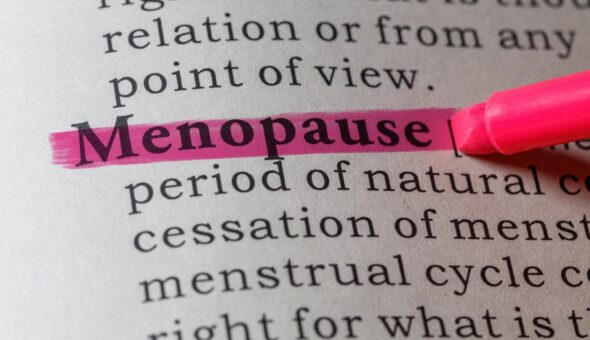Anxiety is a many-headed beast and is a common mental health concern.
When anxious, we can experience a range of intensity ranging from a generalised, all-the-time discomfort and preoccupation with what’s wrong, to an experience specific to a situation. It can also be a full-on panic attack.
The general feeling of anxiety is one that closely resembles worry, fear, nervousness or unease about something and is often accompanied by negative thoughts about what has gone or will go wrong. These feelings are often a reaction to difficult events, sometimes caused by issues in the workplace such as workload, change, performance or conflict with colleagues. Or personal concerns such as relationship, health, family or financial problems.
Many of us will acknowledge feeling some anxiety at work and take this as completely normal. Sometimes however things can get a little more serious. It is when the anxiety starts to become persistent or overwhelming, interfering with your ability to perform your job, manage your personal life or when it has an impact on your physical/mental health that it’s time to take action.
As anxiety most often includes both a mental/thought component and a physiological component, as in a response of the brain and body, it is essential to have a range of techniques to hand, such as those summarised below.
Recognise the symptoms, these can be different for each of us, allow some space and awareness so you can recognise the signs and take action, below are some typical examples:
- Trouble sleeping
- Over/under eating
- Feeling irritable
- Avoiding family/friends/colleagues
- Tiredness
- Feeling down
- Loss of interest in your work/hobbies
- Poor memory
- Difficulties in concentration
- Muscle tension
- Constant worrying
- Crying
Don’t go it alone. Talking is important, whether it be with friends and family, therapists and doctors, the University Counselling service which is free and where you can access the support of a professional or with charities such as Mind or Samaritans. Keeping things bottled up always makes them worse, so get your worries/thoughts off your chest.
Breath and relax, an anxious body is not a relaxed body. When you start to feel your heart beating faster, or your palms clamming up, you need to be able to tackle these symptoms. Simple breathing exercises can help to centre your mind and draw the focus away from whatever was initially causing the problem.
Exercising releases endorphins which are hormones that makes us naturally feel good. Exercise also increases our body temperature which can have a calming effect as well as burning off excess energy that can lead to anxiety. You are not expected to do a marathon or a gym class five times a week but a little exercise every day makes a big difference.
Write in a diary or keep a journal. Writing in a journal can positively impact your anxiety through:
- Calming and clearing your mind;
- Releasing pent-up feelings and everyday stress;
- Letting go of unhelpful thoughts;
- Exploring your experiences with anxiety;
- Writing about your struggles and your successes;
- Enhancing your self-awareness and teaching you about your triggers.
When you journal, you could use the simple acronym WRITE
- W - What do you want to write about?
- R - Review or reflect on it.
- I - Investigate your thoughts and feelings.
- T - Time yourself to ensure that you write for at least 5 minutes.
- E - Exit strategically and with introspection.
- Read more about this together with additional guidelines on effective journaling.
Bring a Moment of Mindfulness into your daily routine. Mindfulness, the practice of bringing your non-judgemental attention to the present moment, allows us to become more aware of the stream of thoughts and feelings that we experience. It is recognised to impact positively on both physical and mental health in many ways including lowering anxiety levels, reducing stress and decreasing depression. Make a start by taking part in a short mindfulness breathing exercise.
Rest when you need it. Anxiety can be exhausting, and it is common knowledge that our bodies and minds do not function as well when we are tired. A regular bedtime routine is always recommended, here are some top tips for sleeping well. Also take time during the workday to walk away, take a few minutes to yourself. Get outside for a short break. A change of scenery is great.
Many of these techniques may seem quite simple, but if practiced regularly can have a significant effect on mitigating anxiety. Also note, that these practices whilst certainly helpful for dealing with anxiety, can be useful for anyone, anxious or not.
If you have an anxious person in your life that you are supporting, trying practicing some of these along with them. If you are dealing with anxiety yourself, you can similarly ask someone to partner with you in engaging in any of these practices.
Respond
